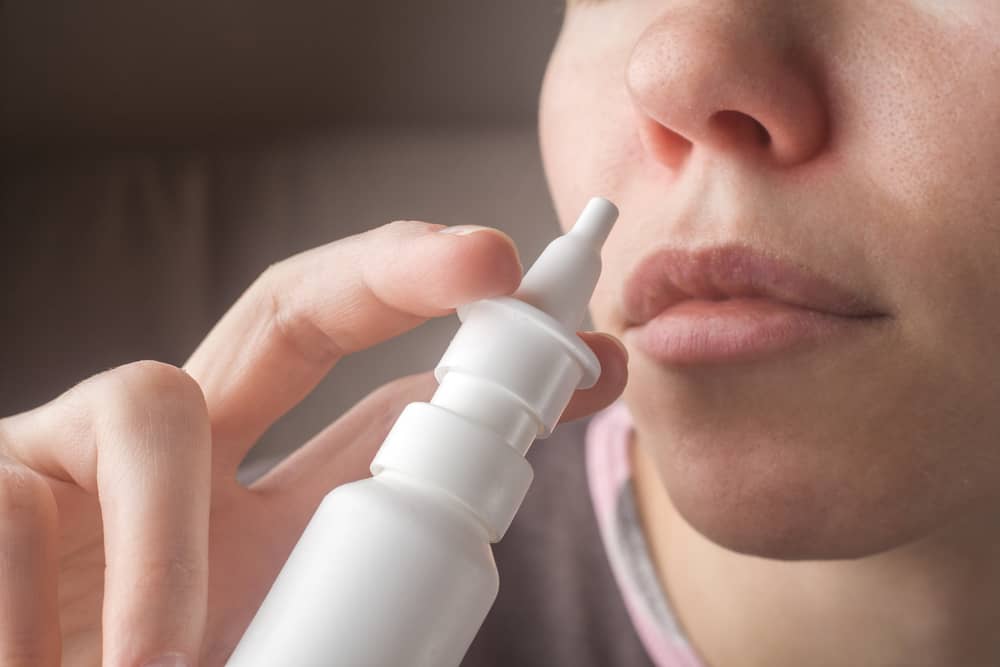Experimental nasal spray could prevent COVID-19, scientists say

What if you could fend off a coronavirus infection with a prophylactic nasal spray instead of a mask?
Scientists at the University of California in San Francisco revealed this week they’ve invented a new molecule that should be able to short-circuit the virus before it gains entry into the cells lining lungs and airways.
Called “AeroNabs,” the synthetic molecule in aerosol form could be self-administered once a day via a nasal spray or an inhaler, the UCSF researchers said.
“Far more effective than wearable forms of personal protective equipment, we think of AeroNabs as a molecular form of PPE that could serve as an important stopgap until vaccines provide a more permanent solution to COVID-19,” co-inventor Peter Walter, PhD, said in a statement on UCSF’s website.
The UCSF team, led by graduate student Michael Schoof, said it’s already in active discussions with commercial partners to ramp up clinical testing and manufacturing of AeroNabs.
The goal is to eventually sell AeroNabs as an inexpensive, over-the-counter medication to help prevent infection, the scientists said.
The researchers published the experiments backing up their claims in a new paper made available on the preprint server bioRxiv.

